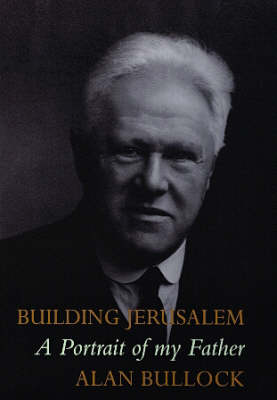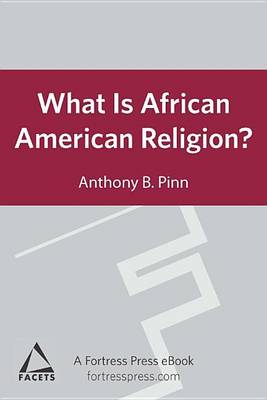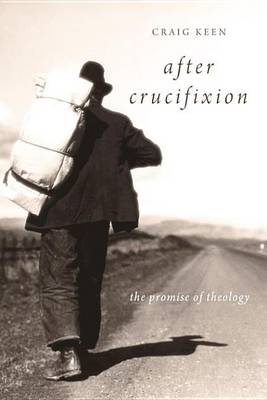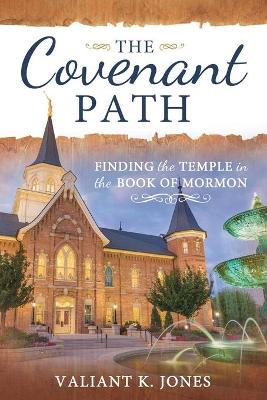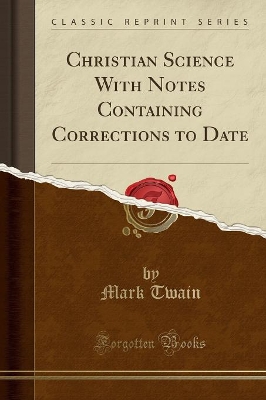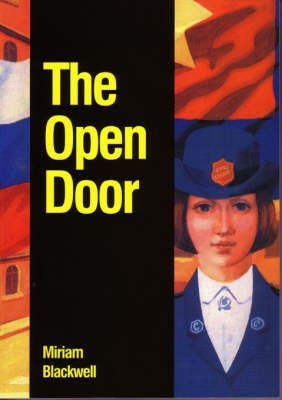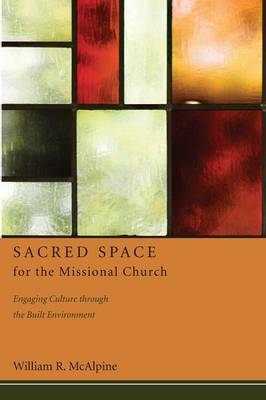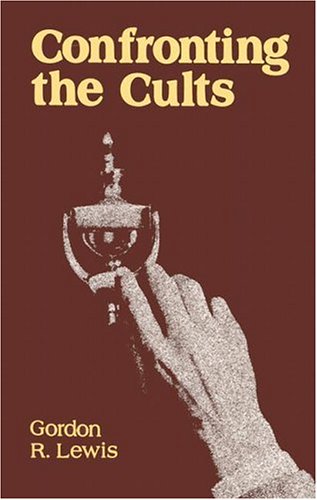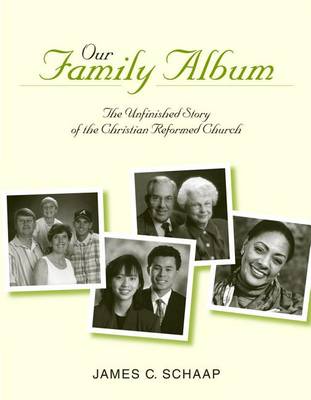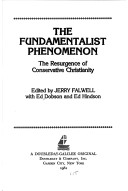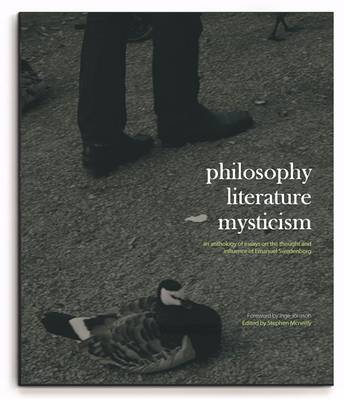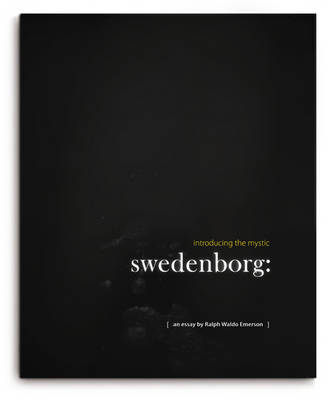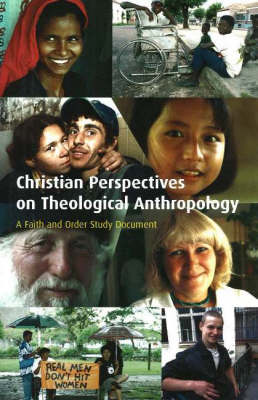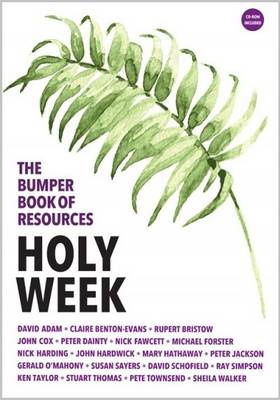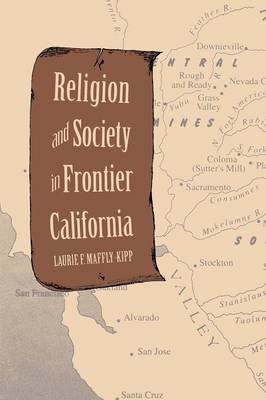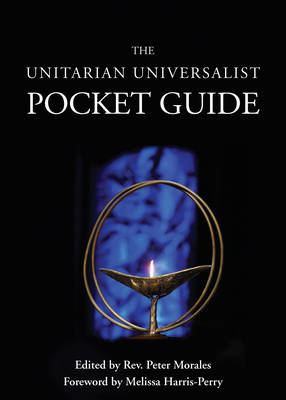This comprehensive investigation into the involvement of ordinary Christians in Church activities and in anti-clerical dissent, explores a phenomenon stretching from Britain and Germany to the Americas and beyond. It considers how evangelicalism, as an anti-establishmentarian and profoundly individualistic movement, has allowed the traditionally powerless to become enterprising, vocal, and influential in the religious arena and in other areas of politics and culture.
Frank Allen Bullock was born in March 1887 on the borders of Somerset and Wiltshire, the son of a signalman on the Great Western Railway. He left school at 13 and became a gardener, a craft at which he excelled. But he continued his education by spending what money he could spare on buying second-hand copies of Carlyle, Macaulay, Froude and whatever else he could find or borrow, and in early manhood he discovered a talent for speaking. After a brief involvement wirh Liberal politics, he decided...
Is there really a monolithic "black church"? Distilling the arguments of Pinn's important and provocative work in Terror and Triumph, this brief work asks the central question: What really is African American religion?Sketching the religious landscape of African American communities today, Pinn makes explicit the tension in traditional conversations about black religion that privilege either Christianity in particular or organizations (with doctrines and creeds) in general. Discussing the misund...
Thomas and the Evangelists (Studies in Biblical Theology, First, #35)
by Hugh Montefiore and H E W Turner
Christian Science with Notes Containing Corrections to Date (Classic Reprint)
by Mark Twain
Christian Perspectives on Theological Anthropology
The Bumper Book of Resources
Religion and Society in Frontier California (Yale Historical Publications)
by Laurie F Maffly-Kipp
The chaotic and reputedly immoral society of the California mining frontier during the gold rush period greatly worried Protestant evangelicals from the Northeast, and they soon sent missionaries westward to transplant their religious institutions, beliefs, and practices in the area. This book tells the story of that enterprise, showing how it developed, why it failed, and what patterns of religious adherence evolved in the West in place of evangelical Protestantism. Laurie Maffly-Kipp begins b...


